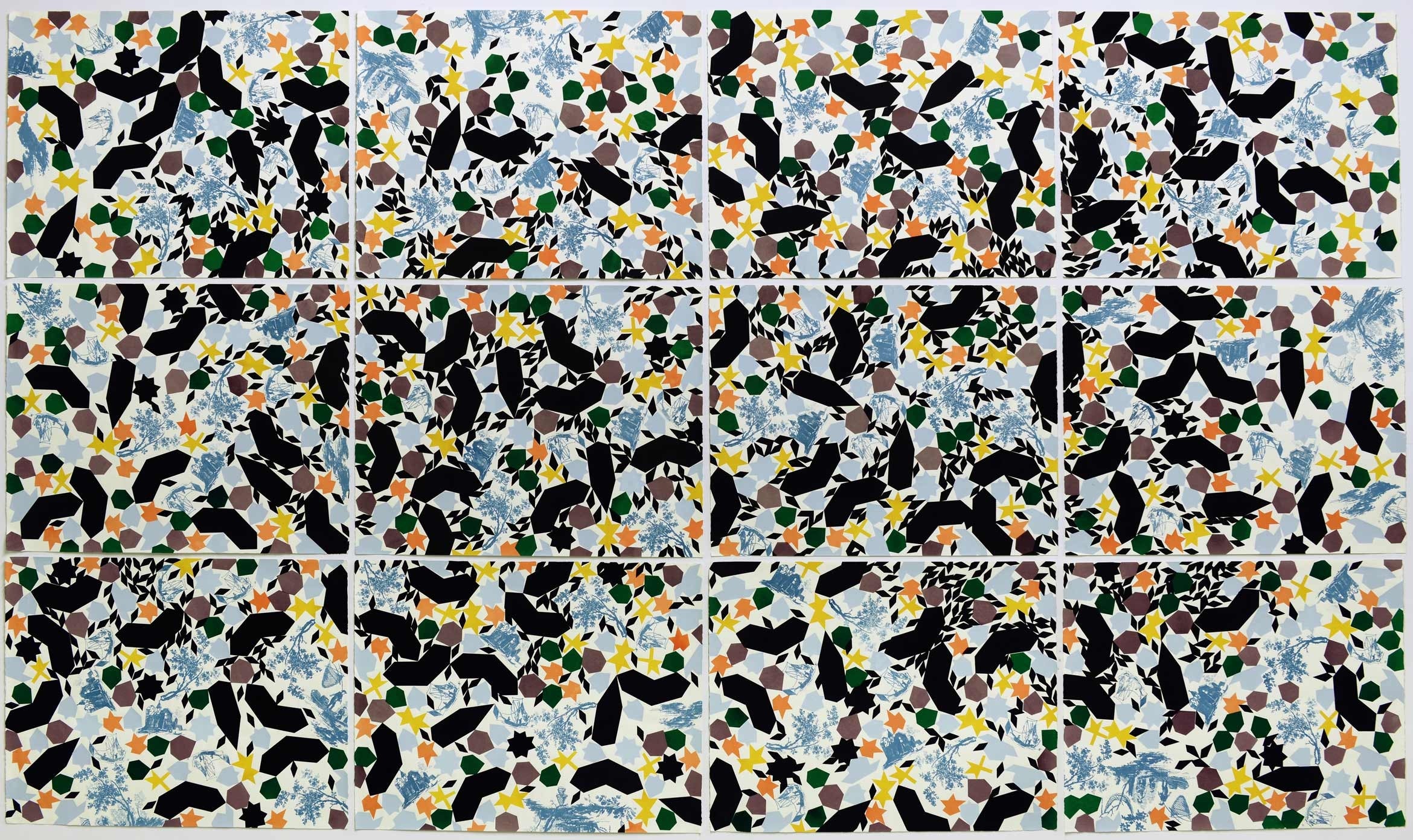

In her 1958 memoir "Part of a Long Story –– Eugene O'Neill as a Young Man in Love," second wife Agnes Boulton describes the early years of her tumultuous marriage to the Pulitzer Prize-winning playwright. The couple met in 1917, married a year later, and divorced in 1929, when O'Neill abandoned Boulton –– and their two children –– for his third wife, actress Carlotta Monterey.
Using Boulton's work as a starting point, William Davies King, a professor of theater at UC Santa Barbara, has published a new book that turns the spotlight on Boulton as a successful writer in her own right, and tells the story of a woman trying to define herself in the early 20th century. In "Another Part of a Long Story –– Literary Traces of Eugene O'Neill & Agnes Boulton" (The University of Michigan Press, 2010), King examines the dynamics of their literary marriage and retrieves Boulton and her work from the dark recesses of literary history.
According to King, the book is part of a larger effort to give Boulton the attention she deserves. "A lot of the way Agnes's story had been told has been through O'Neill biographies," he said. "And O'Neill biographies were really controlled by Carlotta, who hated Agnes and wanted to eradicate any trace of her influence on O'Neill. Carlotta literally threw things away so the archives would have no evidence of Agnes."
At the time that Boulton and O'Neill were married, she was a well-known writer of pulp fiction and he was a little-known writer of one-act plays. "She is reflective of an early generation of professional women writers," said King, "There had been several before her –– Susan Glaspell is an example –– but the 20th century saw the emergence of this new profile of a woman who puts a literary career over other things, and she was an example of that."
While Boulton was a commercial storywriter –– she contributed to magazines such as Breezy Stories, Snappy Stories, and Young's Magazine –– O'Neill's fame was, according to King, based on his reputation as an austere, serious playwright who abhorred the kind of work that Boulton did. "But I show that at this earlier stage in his career, and when he was married to Agnes, there were many ways in which his work was exploring the possibilities of commercial writing, and he was gladly making a good deal of money at that point."
After Boulton and O'Neill married, Boulton's own work took a backseat to her responsibilities first as wife and then as mother of son, Shane, and daughter, Oona. Although she made attempts at reviving her professional career, O'Neill tended to discourage those efforts. "At one point she had an offer from a woman screenwriter to write scenarios for silent films," King noted. "And O'Neill wrote a scathing letter to her, telling her not to do it. But at exactly the same moment, he was selling his plays to Hollywood. The hypocrisy is pretty astonishing."
It was not merely O'Neill's fear of being overshadowed by Boulton that caused him to react so virulently, King continued. "Early on in the marriage he demonstrated the need for his wife to be a nurturing, protective figure. So any effort she put into being a writer was effort she couldn't put into that more important purpose," he said.
These tensions simmered in the marriage, and infidelity triggered the ending, according to King, but, finally, the reasons why the marriage failed are many and complex, as this book shows. Boulton herself wrote a sequel to "Part of a Long Story," which would have addressed the question, but it was never completed and is now lost.
"Another Part of a Long Story" is part of a series by King on the relationship between Boulton and O'Neill. In 2000, he published "A Wind is Rising –– Correspondence of Agnes Boulton and Eugene O'Neill," and an annotated edition of Boulton's "Part of a Long Story" is forthcoming. He also has edited a volume of selected stories of Agnes Boulton, which is available at www.eOneill.com.
"Long Day's Journey Into Night," published and produced three years after O'Neill's death, is the most autobiographical of O'Neill's plays, according to King. "It alerts the world to the fact that there was a really remarkable unknown story to his background," he said. "My book argues that ‘Part of a Long Story' is Agnes's version of ‘Long Day's Journey Into Night.' It's her response to that, in a way."
Related Links
The University of Michigan Press



